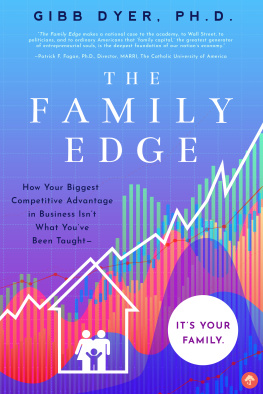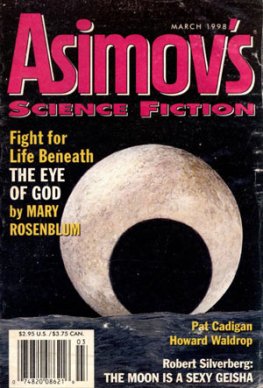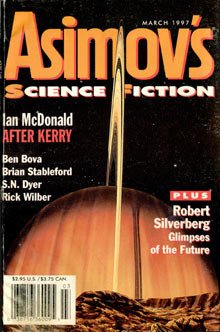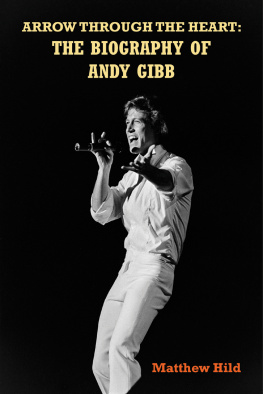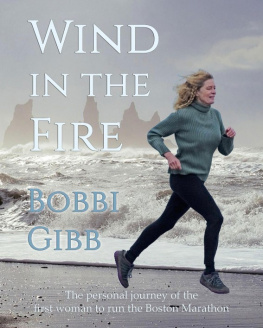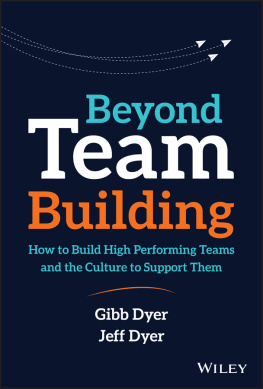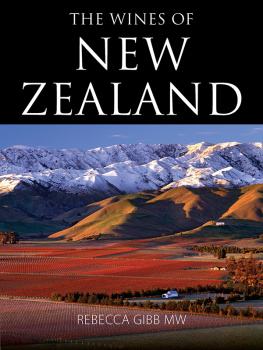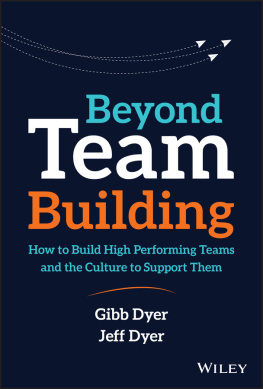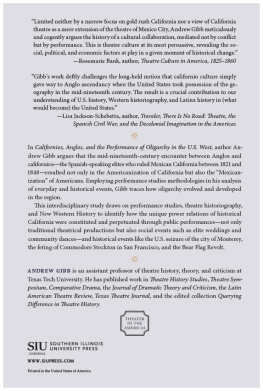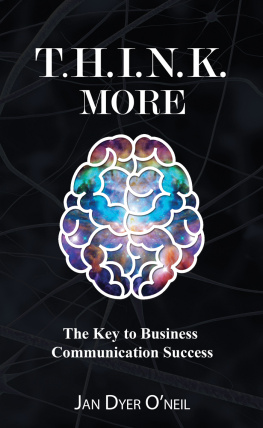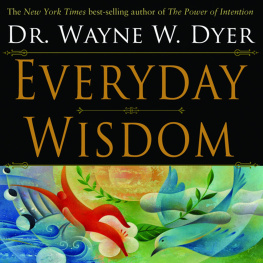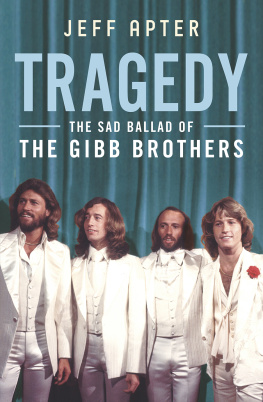Gibb Dyer - The Family Edge
Here you can read online Gibb Dyer - The Family Edge full text of the book (entire story) in english for free. Download pdf and epub, get meaning, cover and reviews about this ebook. year: 2019, publisher: Familius, genre: Home and family. Description of the work, (preface) as well as reviews are available. Best literature library LitArk.com created for fans of good reading and offers a wide selection of genres:
Romance novel
Science fiction
Adventure
Detective
Science
History
Home and family
Prose
Art
Politics
Computer
Non-fiction
Religion
Business
Children
Humor
Choose a favorite category and find really read worthwhile books. Enjoy immersion in the world of imagination, feel the emotions of the characters or learn something new for yourself, make an fascinating discovery.
- Book:The Family Edge
- Author:
- Publisher:Familius
- Genre:
- Year:2019
- Rating:3 / 5
- Favourites:Add to favourites
- Your mark:
- 60
- 1
- 2
- 3
- 4
- 5
The Family Edge: summary, description and annotation
We offer to read an annotation, description, summary or preface (depends on what the author of the book "The Family Edge" wrote himself). If you haven't found the necessary information about the book — write in the comments, we will try to find it.
The Family Edge — read online for free the complete book (whole text) full work
Below is the text of the book, divided by pages. System saving the place of the last page read, allows you to conveniently read the book "The Family Edge" online for free, without having to search again every time where you left off. Put a bookmark, and you can go to the page where you finished reading at any time.
Font size:
Interval:
Bookmark:
THE
FAMILY
EDGE

To Theresa, the North Star of our family.
Copyright 2019 by Gibb Dyer, PhD
All rights reserved.
Published by Familius LLC, www.familius.com
Familius books are available at special discounts for bulk purchases, whether for sales promotions or for family or corporate use. For more information, contact Familius Sales at 559876-2170 or email .
Reproduction of this book in any manner, in whole or in part, without written permission of the publisher is prohibited.
Library of Congress Cataloging-in-Publication Data
2019935083
Print ISBN 9781641701402
Ebook ISBN 9781641702034
Printed in the United States of America
Edited by Joseph Webb, Kaylee Mason, and Alison Strobel
Cover design by David Miles
Book design by Brooke Jorden
10 9 8 7 6 5 4 3 2 1
First Edition
THE
FAMILY
EDGE
How Your Biggest Competitive Advantage in Business Isnt What Youve Been Taught-lts Your Family
GIBB DYER, PHD
ACKNOWLEDGMENTS
I would like to thank several people who helped me research and write this book. My research assistants Sarah Mader, Anne-Katherine Toronto, Mark Malmgren, Peter Fuller, and Luke Webster provided me with much of the data used to compare families in the United States and across the world, and they also put together an annotated bibliography of various family studies related to family capital. Adam Turville and my son, Justin Dyer, did much of the work putting the data together and doing the statistical analyses found in . I spent many hours with Aaron discussing the role family structure plays in developing family capital, which helped to sharpen my thinking. My brother Jeffrey Dyer provided me with feedback on several chapters, and Aislin Powell Dyer, my daughter-in-law and an excellent editor, helped make the book substantially more readable. (Due to the efforts of several of my family members, this book represents how family capital can be leveraged successfully.) I would also like to acknowledge the important editorial and substantive contributions of Stephen Cranney, PhD, and Joseph Webb and the support of Christopher Robbins, who found my arguments compelling enough to publish the book. And I would like to recognize the Ballard Center for Economic Self-Reliance and the Marriott School of Business for providing much of the research funding needed for the book.
INTRODUCTION
F or over three decades I have taught a college course that focuses on the importance of family-owned businesses. During the course, I have the students look at several case studies of family businesses and ask what gives these businesses a competitive advantage over other firms in their industry. Some of the most common answers are the following:
Innovative products
Effective manufacturing systems
Patents they own
Well-trained sales forces
Good relationships with suppliers and customers
While these are good answers, almost none of the students initially recognize the critical role that families who own and manage the businesses play in developing a competitive advantage. For some reason, most students tend to believe that families either have little impact on a business or actually undermine business effectiveness due to nepotism and family conflicts. However, recent research has often shown that familiesthrough their skills, commitment, social contacts, and understanding of the marketplaceactually give their businesses a competitive advantage over firms in the same industry with no family connections. Furthermore, if I ask people what assets are most important, most will mention annual income, retirement savings, a job, homes, cars, and other objectsinfrequently is family brought up as an important asset. We tend to assume that family is important and that it provides us with support, but we dont view it as an asset we can develop and preserve both for ourselves and other family members. In this book, Id like to challenge this thinking and suggest the following:
The family is, or can be, our most valuable asset, not only to help manage a business, but more commonly to help us emotionally, socially, and financially. Family relationships and family support have been shown to be two of the best predictors of our personal happiness and well-being.
We can do much to strengthen our families and make them valuable assets to be used by ourselves and other family members to better our lives in many different ways. And although we are not competing with other families as in the case of business, the greater our ability to develop, manage, and preserve family resources, the more likely family members will be to thrive and achieve their goals in life as compared to families who dont nurture their family as an asset.
I have studied and consulted with families and family businesses for the past thirty-five years; I believe families play a significant role in our happiness and the success of society. I have come to one inescapable conclusion: were in trouble! For the past several decades we have experienced a precipitous decline in what I call family capitalthe human, social, and financial resources provided by families to family members that help them lead happy, productive, and satisfying lives. This decline in these key family assets has dire consequences for us both now and in the future.
As a family business consultant, I have been particularly interested in the role that families play in the economic, social, and personal well-being of individuals and societies. In the United States, the Waltons, Kochs, Fords, and other such families have controlled many of the leading corporations, creating tremendous wealth for themselves, many of their employees, their shareholders, and society at large. In other countries such as Mexico, virtually all large companies are family-owned and controlled, making family affiliation a significant key to economic success. As Ive consulted with highly successful families, I have been impressed by the advantages that family membership gives to its members. Strong families provide an economic and social safety net that allows family members to develop and flourish and can provide them with unique opportunities. In this book, I will argue that certain patterns of family structures, cultures, activities, and processes lead to resource-rich families, while other patterns lead to resource-poor families. Moreover, these patterns tend to be intergenerational and are not easy to alter.
The book will show how trends that negatively affect families, if not altered, will have significant repercussions for ourselves and for our communities. I have learned from the successful families I have consulted with how they create and sustain family capital. Their access to family capital leads them to create businesses at higher rates and with a higher degree of success. Moreover, such families produce more resilient children versus children who grow up in families with scarce family capital.
While working with many resource-rich families in my role as the academic director of the Ballard Center for Economic Self-Reliance at my university, Ive also been charged to understand and help individuals and families in poverty. Ive therefore conducted studies in Mexico, Lithuania, the Palestinian West Bank, and other parts of the world in order to understand how todays resource-poor families struggle to make ends meet. Unfortunately, families with significant resources are the exception rather than the rule in todays world. But Im also an optimist. Therefore, in this book I provide hope and guidance for those who want to enhance family capital in their own families and provide security for themselves and their loved ones.
Next pageFont size:
Interval:
Bookmark:
Similar books «The Family Edge»
Look at similar books to The Family Edge. We have selected literature similar in name and meaning in the hope of providing readers with more options to find new, interesting, not yet read works.
Discussion, reviews of the book The Family Edge and just readers' own opinions. Leave your comments, write what you think about the work, its meaning or the main characters. Specify what exactly you liked and what you didn't like, and why you think so.

